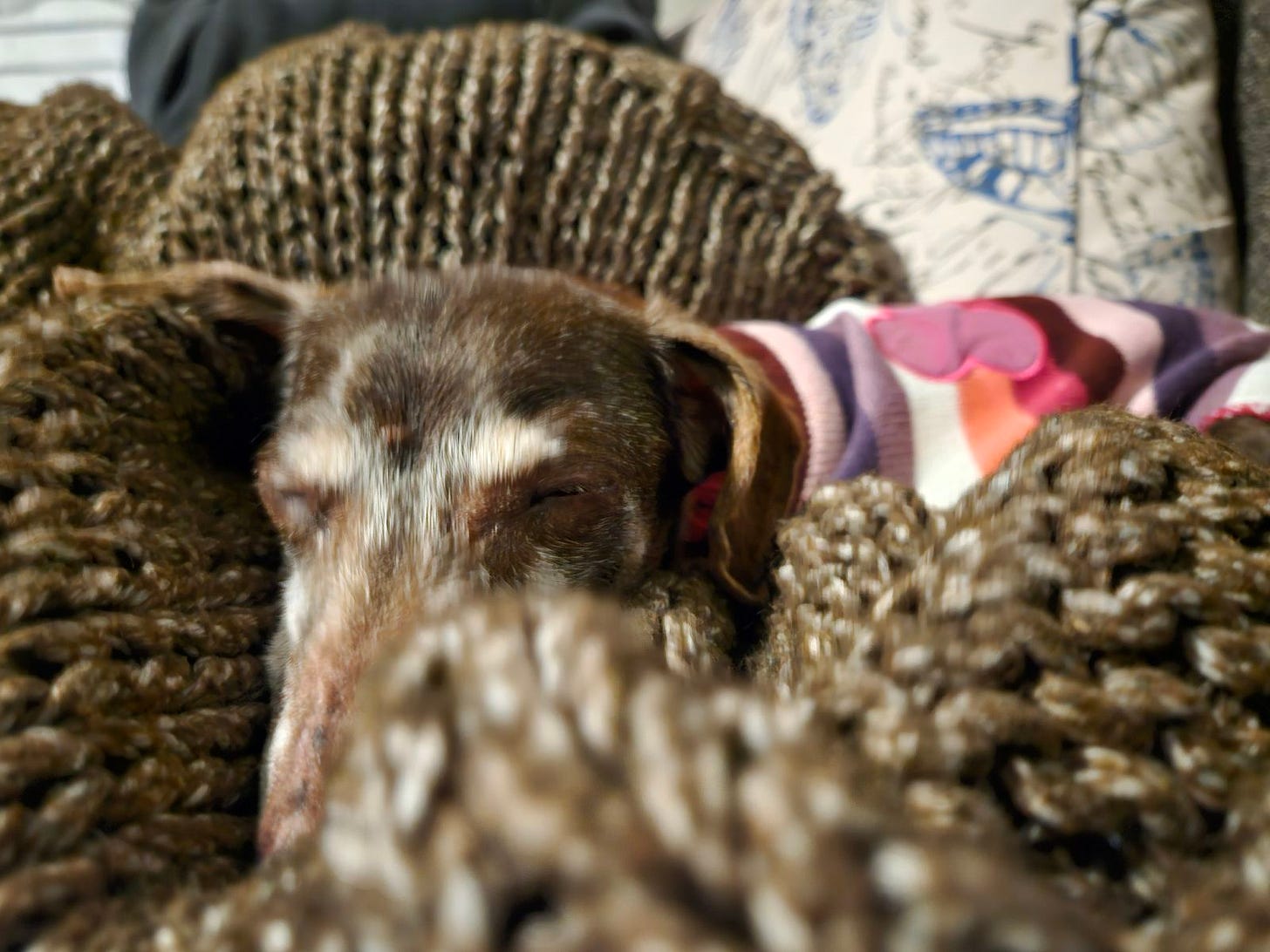Try to see something in the same direction where a bright light is shining, and you’ll almost certainly find yourself squeezing your eyelids together, leaving a narrow horizontal slit for light to enter your eyes.
This reaction is understandable! Too much bright light can damage your retina, especially UV light, so it makes sense that we’ve developed a simple defense mechanism designed to keep our sensors safe.
If you know much about how photography works, you already have a pretty good idea of how and why shuttering can be beneficial. A camera uses something called an aperture to limit extra light coming in, helping to keep the area of interest in sharper focus.
When you squint your eyes while looking at something bright, you’re reducing the ability for light to scatter. Only a narrow band gets in, so there’s less information to filter out.
You’re also keeping the image in the center of the cornea, where it’s less likely to be distorted by a bend in the lens. This is why you’ll often see blurry edges when you look at something with your eyes all the way open, but squinting can reduce this blur and sharpen the focus.
That’s not the only reason we squint, though. If we humans are masters of any one thing, it’s taking a technology and applying it somewhere else. Squinting is an evolutionary tech that we use in non-verbal communication all the time, often to convey skepticism.
Perhaps we convey the idea that whatever they’ve just said is about as clear as trying to see something with the bright light of the Sun behind it. Therefore, if you’re skeptical, it can be almost painful to look directly at something perplexing.
Squinting isn’t to be confused with just closing your eyes and going to sleep like Dink-Dink here, but bright sunlight can absolutely cause you to squint, ultimately making you sleepy if you’re trying to fight against all that diffusion all the time. Squinting, in other words, is hard work.
If you’re as intrigued as I was by the relationship between your eyes and the Sun, you might really enjoy learning about why some people (myself included) will have to sneeze when they look at a bright light, giving us a peek behind the light-eye connection:








https://themindcircle.com/first-sunglasses-were-used-2000-years-ago-by-inuit-hunters/
Interesting stuff
I thought it was as just me feeling sleepy if I have to squint a lot! Consider me educated!